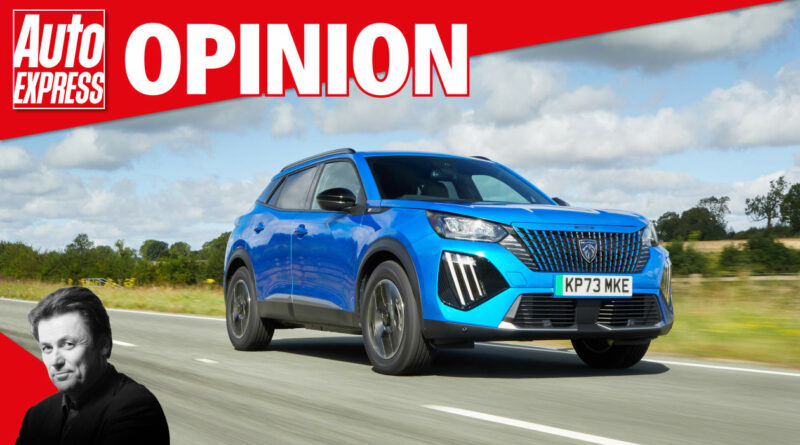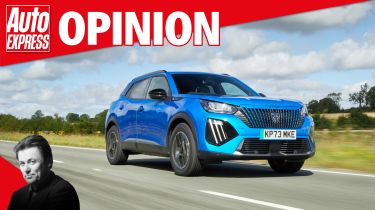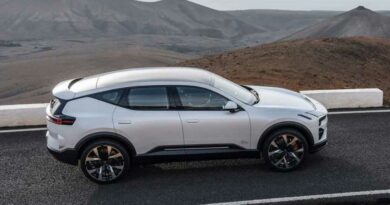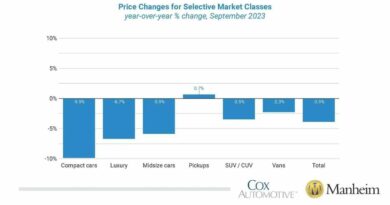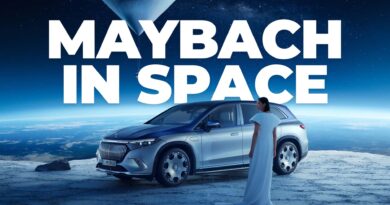“EVs have three problems: high prices, over-ambitious range claims and a poor charging network”
Mike Rutherford thinks electric cars sales remain painfully slow as the sums simply don’t add up for most people
Nobody likes a smart-arse who cockily quips, “I told you so.” But I’m here to humbly offer opinions, suggestions, predictions plus facts. And the fact of the matter is that – er, how can I delicately put this? – I bloody well told you so.
As soon as pure-electric cars went mainstream, starting with 2011’s Nissan Leaf at £31k, I declared myself a fan of the tech and the driving experience. But I was duty-bound to repeatedly tell you what others refused to. I knew then what I know now – that EVs are dogged by three major downsides: prohibitively high price tags; some over-ambitious range claims; and a UK public charging ‘network’ that’s inadequate (still zero working chargers on the M2, for instance), unreliable (a serial offender is BP Pulse) and, on too many occasions, overpriced (Genie Point was charging a rip-off 95p per kWh in May).
And on the small matter of banning new petrol and diesel cars from UK showrooms by 2030, it wasn’t a case of me merely offering a personal view that this date was/is several years too early. Instead, I was stating the blindingly obvious – that several companies in the global auto industry (comprising firms big and small, rich and poor, British and foreign, sophisticated and unrefined) could not and would not be able to meet the deadline. Guaranteed.
Via this column and other outlets, such as the BBC and LBC this year, I said EV sales remain “painfully slow” because the “sums simply don’t add up” for most salaried individuals. So, so, true.
I also told Prime Minister Sunak that he “doesn’t have a clue about cars, the motor industry and the 50 million daily car users (drivers and their passengers) who keep the country moving”. Also, he learned from me that he “had to bite the bullet and admit that the 2030 deadline can’t and won’t be met”.
In Auto Express on 13 September I went further by informing him that there are many legal, legitimate and logical times and places for all types of ever-cleaner fuels (including electricity, of course) powering all types of cars, occupied by all types of rich and poor drivers and passengers, with all types of widely differing short or long-haul journey needs. Moreover, I contended that the buying public must have more choice, not less.
And by 20 September he agreed – when he announced that, no ifs or buts, we can carry on buying new petrol and diesel cars until at least 2035.
But that was just a start. We need more listening and positive motoring-related activity on his part – including a halving of the VAT rate on new cars from 20 to 10 per cent.
Also Rishi, drop your misguided passion for, and proposed massive investment in, cars that drive themselves. The motoring masses aren’t asking for them. Just as they didn’t ask for a 2030 ban on new petrol or diesel cars. It’s a big win for common sense, consumer choice and democracy that the PM has been persuaded to scrap it.
Click here for our list of the cheapest electric cars on sale…
Source: Read Full Article
